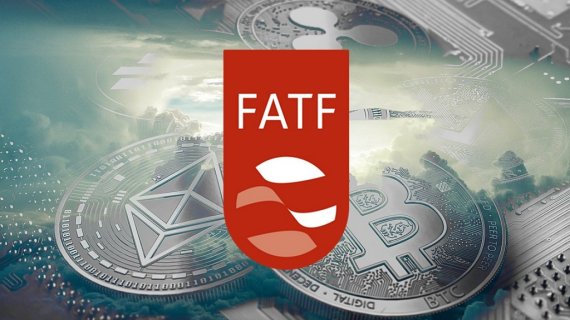
[Financial News] At the General Assembly in June, the Financial Action Task Force (FATF) will inspect whether each member country, including Korea, has supplemented its laws and systems for anti-money laundering (AML) and counter-terrorism financing (CTF) related to cryptocurrency (virtual asset). After reviewing the implementation of the FATF international standards revised in June last year, the outcome will be adopted as a report.
In addition, plans to apply FATF international standards for stablecoins (virtual assets linked to values of fiat currency) such as Facebook’s global blockchain and cryptocurrency project ‘Libra’ will be reported to G20 in July.

The Financial Services Commission (FSC) published a report titled ‘Outcome of the February 2020 FATF General Assembly’. In the report, they said, “The government delegates including nine ministries and Korea Financial Intelligence Unit (FIU) commissioner attended the FATF General Assembly in Paris, France from February 16 to 21.” They also said, “We discussed ways to mitigate money laundering risks related to virtual asset (cryptocurrency) trading and adopted the digital identity guidance.”
FATF revised its international standards in June last year to mitigate the risk of money laundering and terrorist financing (ML/TF) through cryptocurrecny trading. Since then, the FATF has been checking the implementation of the following details by the member countries. △Whether they conduct legislative activities to implement FATF international standards △Is there any progress by virtual asset service providers (VASPs), such as cryptocurrecny exchanges, in fulfilling their AML and CTF obligations in accordance with FATF international standards △Risks, market structure and potential changes in ML/TF types in the virtual asset sector.
In Korea, the Revised Specific Financial Transaction Information Act will be re-discussed during the provisional session of National Assembly on February. After passing the National Policy Committee in November last year, the Revised Specific Financial Transaction Information Act, which is to be reviewed by the Legislation and Judiciary Committee, must be passed at the National Assembly plenary session on the 27th to establish legal and institutional frameworks to implement the FATF cryptocurrency policies and recommendations.
FATF will also work with a group of private experts on the ‘travel rule’ that defines the sender’s and the recipient’s information in the case of a transfer of virtual asset, allowing the cryptocurrency exchange to identify all trade history and the identity of the trader. In addition, FATF will report the results of money laundering and terrorist financing risk analysis related to stablecoin such as ‘Libra’ and the way to apply FATF international standards to G20 in July.
Kim Mi-hee(2020.02.24) FATF “6월, 韓 암호화폐 자금세탁방지 실태 점검”
retrieved from https://www.fnnews.com/news/202002241937046921










